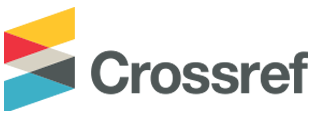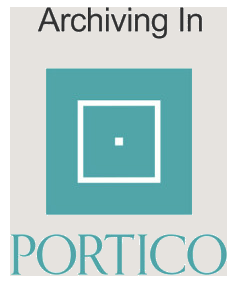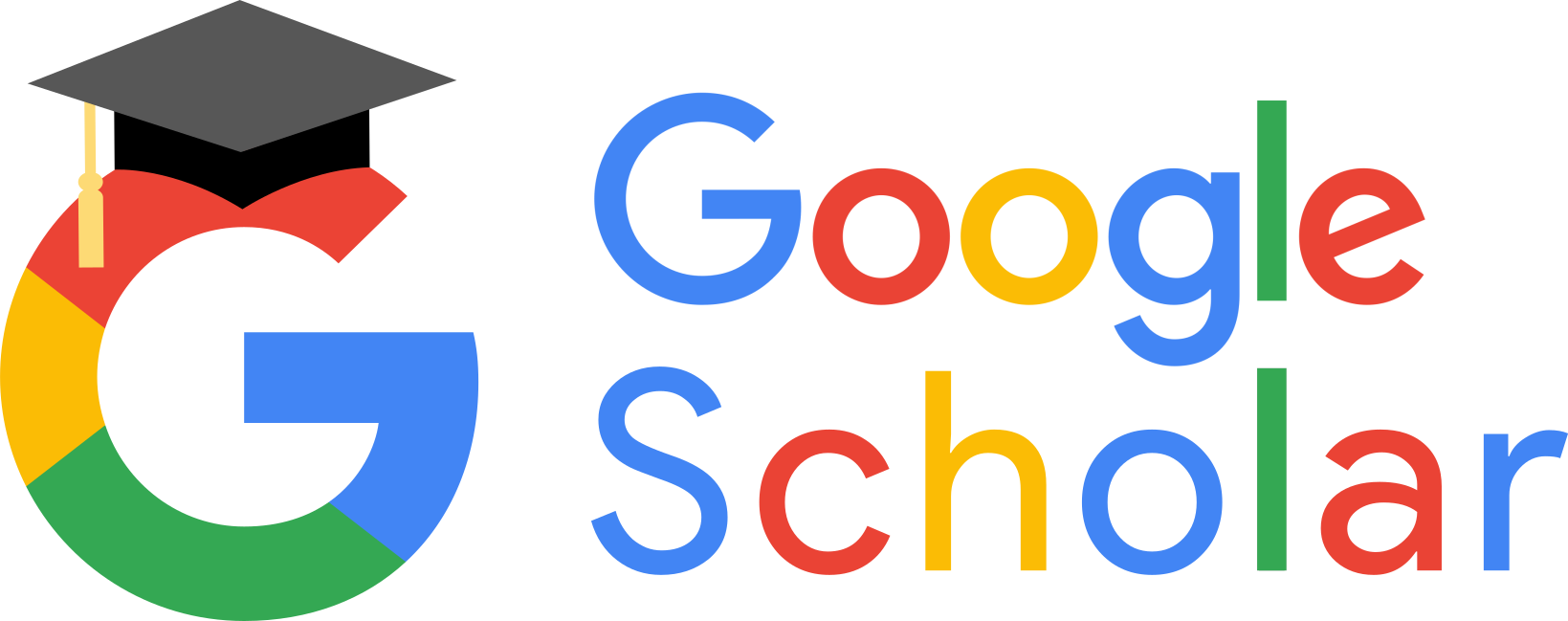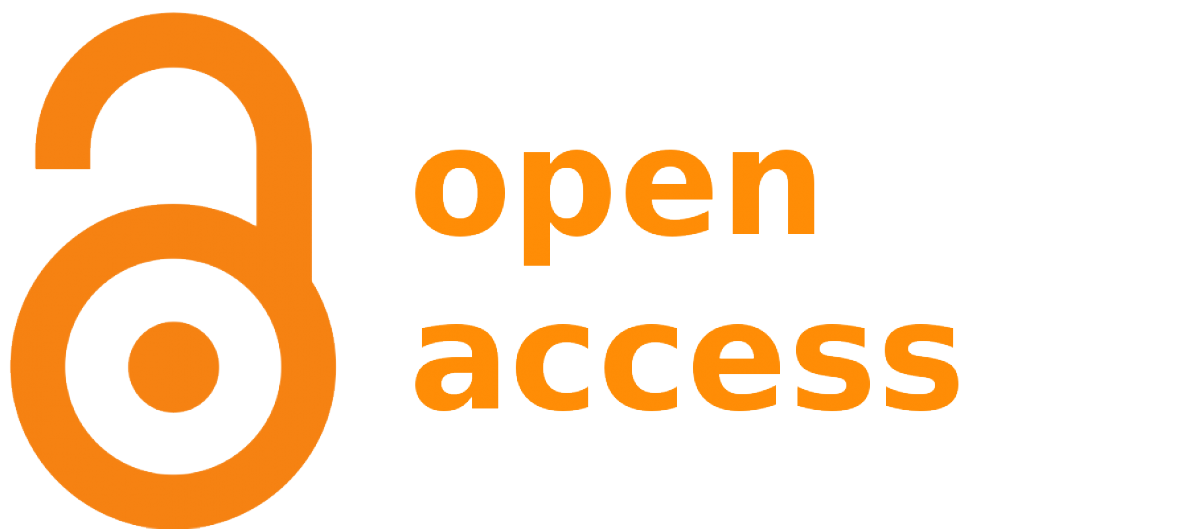Instructions for Authors
Contents
- Philosophy of Turning Toward Being: The Journal of Ontological Inquiry in Education
- Who Can Submit?
- General Submission Rules
- Formatting Requirements
- Copyrights and Licensing
Philosophy of Turning Toward Being: The Journal of Ontological Inquiry in Education (JOIE)
See the Aims and Scope for an overview of the journal.
Who Can Submit?
Anyone may submit an original article to be considered for publication in JOIE provided he or she owns the copyright to the work being submitted or is authorized by the copyright owner or owners to submit the article. Authors are the initial owners of the copyrights to their works (an exception in the non-academic world to this might exist if the authors have, as a condition of employment, agreed to transfer copyright to their employer).
General Submission Rules
Submitted articles cannot have been previously published, nor be forthcoming in an archival journal or book (print or electronic). Please note: "publication" in a working-paper series does not constitute prior publication. In addition, by submitting material to Turning Toward Being: The Journal of Ontological Inquiry in Education, the author is stipulating that the material is not currently under review at another journal (electronic or print) and that he or she will not submit the material to another journal (electronic or print) until the completion of the editorial decision process at JOIE. In cases where plagiarism is alleged JOIE may utilize iThenticate plagiarism detection software. If you have concerns about the submission terms for JOIE, please contact the editors.
Formatting Requirements
Turning Toward Being: The Journal of Ontological Inquiry in Education has no general rules about the formatting of articles upon initial submission. There are, however, rules governing the formatting of the final submission. See Final Manuscript Preparation Guidelines for details. Although bepress can provide limited technical support, it is ultimately the responsibility of the author to produce an electronic version of the article as a high-quality Microsoft Word that can be converted to a PDF file.
It is understood that the current state of technology of Adobe's Portable Document Format (PDF) is such that there are no, and can be no, guarantees that documents in PDF will work perfectly with all possible hardware and software configurations that readers may have.
Copyrights and Licensing
Turning Toward Being: The Journal of Ontological Inquiry in Education (JOIE) is proudly a “Gold Open Access” peer reviewed journal. We do not currently charge an article processing fee to authors upon publication of their works. JOIE operates as a non-profit, volunteer, and donation-based publication. All articles published in JOIE are published under a Creative Commons license: Creative Commons Attribution 4.0 International (CC BY 4.0) License.
With this license, Authors retain copyright, but allow any user to share, copy, distribute, transmit, adapt and make commercial use of the work without needing to provide additional permission, provided appropriate attribution is made to the original JOIE author(s). By using this license, all articles meet or exceed all funder and institutional requirements for being considered Open Access. Authors cannot use copyrighted material within their article, such as previously published figures, unless that material has also been made available under a similarly liberal license or been given permission for reuse by the owners. Furthermore, this license allows the production of derivative works, as long as you are credited, and as long as producers similarly allow their derivative works to be shared.
Adapted partially from: "Policies and Procedures" by PeerJ is licensed under CC BY 4.0
People seeking an exception, or who have questions about use, should contact the editors.
General Terms and Conditions of Use
Users of the Rowan Digital Works website and/or software agree not to misuse the Rowan Digital Works service or software in any way.
The failure of Rowan Digital Works to exercise or enforce any right or provision in the policies or the Submission Agreement does not constitute a waiver of such right or provision. If any term of the Submission Agreement or these policies is found to be invalid, the parties nevertheless agree that the court should endeavor to give effect to the parties' intentions as reflected in the provision, and the other provisions of the Submission Agreement and these policies remain in full force and effect. These policies and the Submission Agreement constitute the entire agreement between Rowan Digital Works and the Author(s) regarding submission of the Article.






